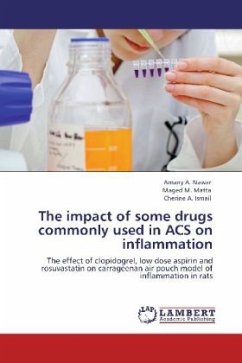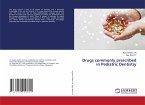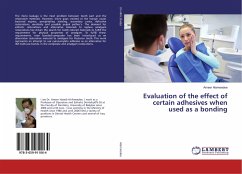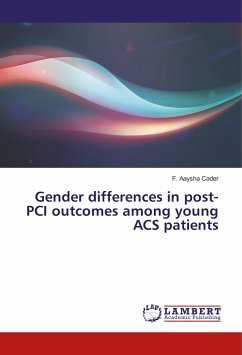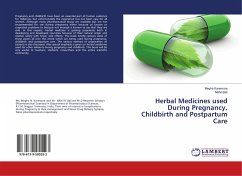Inflammation is a multifaceted non-specific host reaction resulted from and accompanies the immune response. The process of acute inflammation is controlled by diverse inflammatory regulators including adhesion molecules and cytokines, among which is TNF- , which possesses a variety of biological actions. Its prime importance in inflammation, besides the recruitment of neutrophils and monocytes is to activate these cells to eradicate microbes. In view of such consideration, the design of the present work was set to study the impact of some drugs, in common use in acute coronary syndrome, on the course of an experimentally-induced acute inflammation in rats. The probed drugs were clopidogrel and low dose aspirin as antiplatelets and rosuvastatin as one of statins. the measured parameters were; exudate volume, total leukocytic cell count, differential leukocytic cell counts, neutrophil adherence capacity, neutrophil phagocytosis and TNF- assay in exudate.
Bitte wählen Sie Ihr Anliegen aus.
Rechnungen
Retourenschein anfordern
Bestellstatus
Storno

